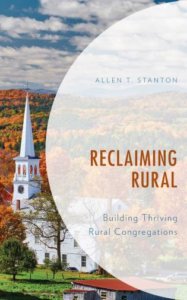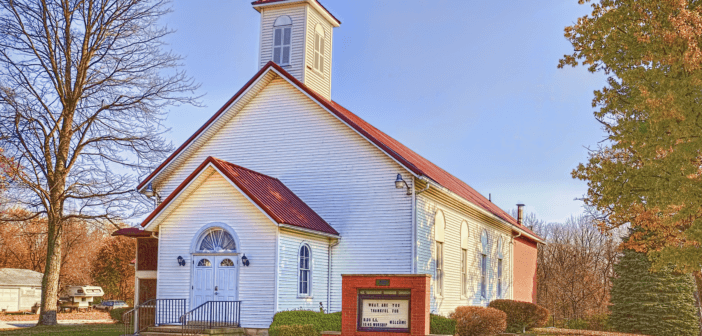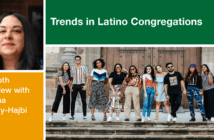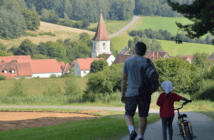Allen Stanton says rural churches are uniquely positioned to be agents of change within their communities. Most are trusted long-term community stakeholders, and on any given Sunday people from a wide range of occupations and life circumstances are sitting in their pews.
Rural churches often have several strengths that are relatively unique to their own social and geographic locations and that might not immediately translate to large churches or churches in urban and suburban settings.
1. Rural churches are permanent stakeholders in their communities.
Often, the local church is one of the oldest, if not the oldest, of institutions in the community. Hospitals struggle to stay open, newspapers fold, small businesses come and go, and even schools might close or merge. Many of our rural churches, though, have displayed a remarkable resiliency, as the same few families congregate week after week for a century or more. These churches have a long social memory and have witnessed the whole of the community.
2. Rural churches are still trusted institutions in rural communities.
Rural communities tend to be more religious, and the local church is still seen as a trustworthy institution. While people might be skeptical and even embarrassed to seek mental health care at a county clinic, for instance, they display little shame meeting the pastor for coffee or heading into the fellowship hall for a meeting. Because they are ingrained into the DNA of the community, the rural churches carry a level of trust that other organizations, particularly outside organizations, do not.
3. Rural churches are one of only a few places where a cross section of the community shows up each week.
A few years ago, I was at an event with a colleague who worked in public policy. In the room, we had gathered a wide variety of community leaders: health care professionals, business owners, teachers, and local elected officials. My colleague leaned over to me and whispered, “I wish there was a way to get a group like this together more frequently.” “There is,” I replied. “They show up at my church every week.” In our church’s pews, I had retired college professors, teachers, nurses, an occupational therapy graduate student, and small business owners. Aside from places like Rotary Club, we were the only place where this cross-sector group gathered on a weekly basis. And, unlike Rotary, people who gathered in our sanctuary each represented their whole self and not simply their profession.
When these unique assets are combined, we notice that rural churches have a unique — and frankly enviable — position in the community. They are places that can speak to the story and life of the community. When rural church congregations understand their strengths, they can recognize and act upon their position as community leaders and agents of community change.
 This article is excerpted from Reclaiming Rural: Building Thriving Rural Congregations (Rowman and Littlefield, 2021) by Allen T. Stanton. Used by permission. The book is available at Cokesbury and Amazon.
This article is excerpted from Reclaiming Rural: Building Thriving Rural Congregations (Rowman and Littlefield, 2021) by Allen T. Stanton. Used by permission. The book is available at Cokesbury and Amazon.
Related Resources
- A New Way to View Vitality in Smaller Congregations by Lewis A. Parks
- Small Church Big Impact by Blake Bradford
- Doing Community Ministry in the Small Church by Joy F. Skjegstad
- What is Your Signature Ministry? by Phil Schroeder and Kay Kotan







